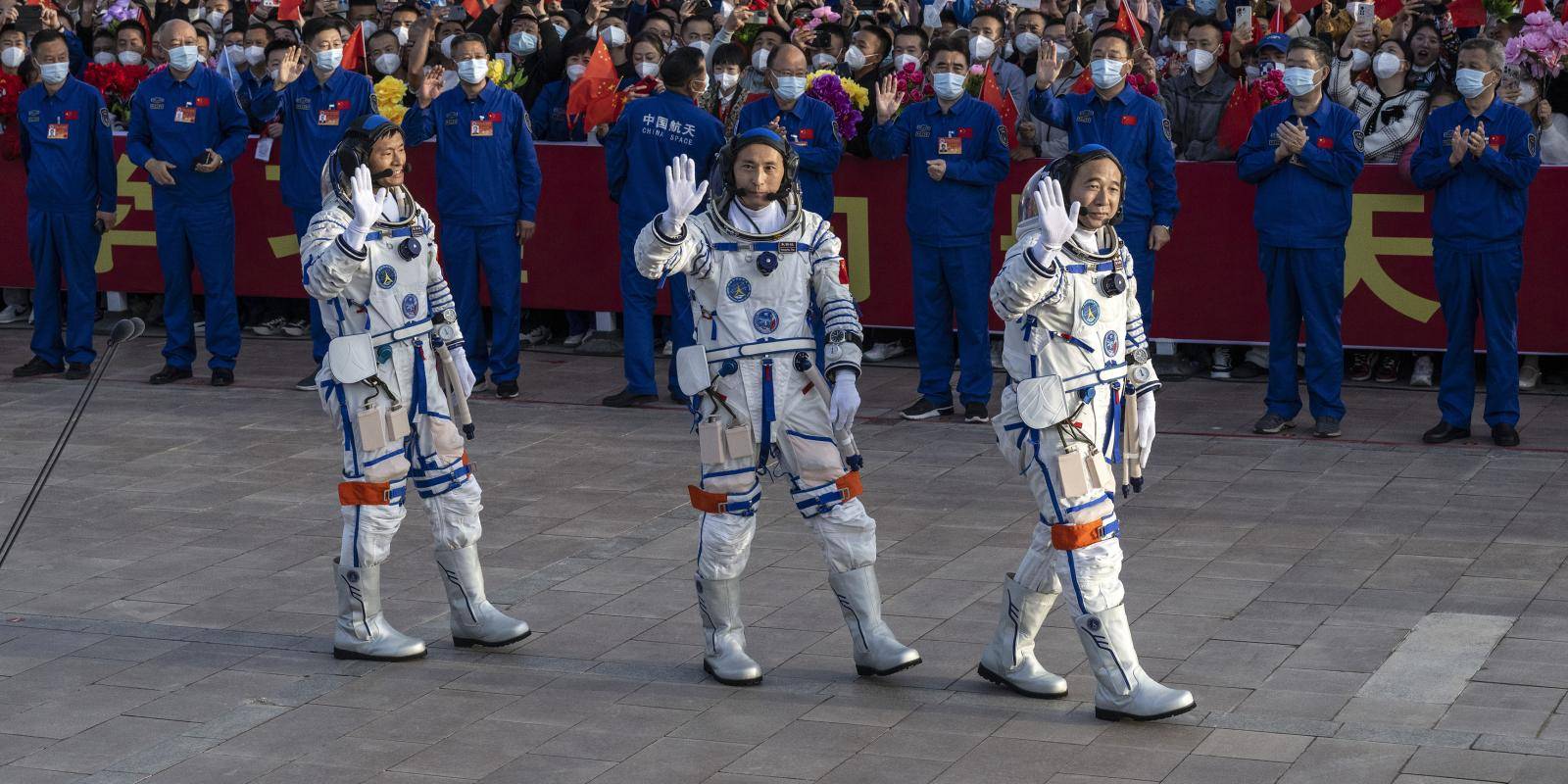Dr Yu Jie

The appointment of five prominent scientists to the Politburo of the Communist Party of China (CPC) in October 2022 confirms a fundamental shift in policy emphasis within the party leadership from maintaining double-digit economic growth to building resilience against external shocks.
President Xi Jinping has long held the ambition for China to achieve economic, scientific and technological self-reliance. The current intense focus on addressing technological ‘chokepoints’ reflects Beijing’s concerns about the extent of the country’s dependence on overseas suppliers for semiconductors and other critical components.
The five scientists featured in this research paper all had significant successes in their respective fields – ranging from space to environmental and nuclear sciences – prior to embarking on their political careers, and have built important connections abroad. Their elevation to the Politburo rewards not just their scientific accomplishments, but also their loyalty to Xi. At a time of deepening geopolitical rivalries, as well as a shrinking of the space for individual freedoms and creative thinking within China’s institutions, the expectations on them to drive innovation at home and grow the digital economy in line with the CPC’s own governance standards are high.
China’s Politburo has long been dominated by economic technocrats, but a change in its overall composition confirms an important new direction in the policy intentions of the political leadership, with a much greater focus on science and technology. The appointment of five prominent scientists to the 24-member Politburo at the 20th National Congress of the Communist Party of China (CPC) in October 2022 reflects the determination of President Xi Jinping, the party’s general secretary, to ensure the country’s economic, scientific and technological self-reliance and boost its resilience to external shocks.
Xi’s long-held ambitions to boost China’s domestic industrial base and achieve scientific self-reliance have been accelerated, at a time of intensifying geopolitical and geo-economic competition, by efforts on the part of the US and its allies to curb Chinese access to critical technologies and research partnerships.
Beijing’s priorities include strengthening China’s ability to overcome ‘chokepoints’ in strategically critical technology sectors; fostering homegrown talent and ‘reshoring’ expertise to spearhead innovation; and building a resilient digital economy in line with the CPC’s own governance standards. All of these agendas respond to deep anxieties about China’s capacity for high-tech development, and about the vulnerabilities arising from its dependence on overseas suppliers for critical components ranging from semiconductors to aircraft engines.
The five scientists who have now joined the Politburo all achieved significant successes in their respective fields – ranging from space to environmental and nuclear sciences – prior to embarking on their political careers. They have had experience of studying and working in advanced economies, and have built up important connections with the scientific community internationally. But they have reached high political office not just through their scientific achievements, but also because of their politically loyalty to Xi and the CPC. Indeed, it is reasonable to expect that some of the scientists featured in this paper will eventually become candidates for the future leadership. More immediately, the expectations on them to drive innovation at home and shield China’s economy from external pressures are high.
China has the ambition and enormous state-funded resources to advance its science and technology agenda, but the extent to which a deepening of the one-party state under Xi may support or impede innovation over the long term is less certain. The ability to make substantial scientific progress is equally dependent on researchers having the freedom to think critically and creatively, as well as open exchanges with peers internationally. As the space for debate within China shrinks, and relations with the West become more fractious, the country will struggle to achieve Xi’s ambitious targets.
No comments:
Post a Comment